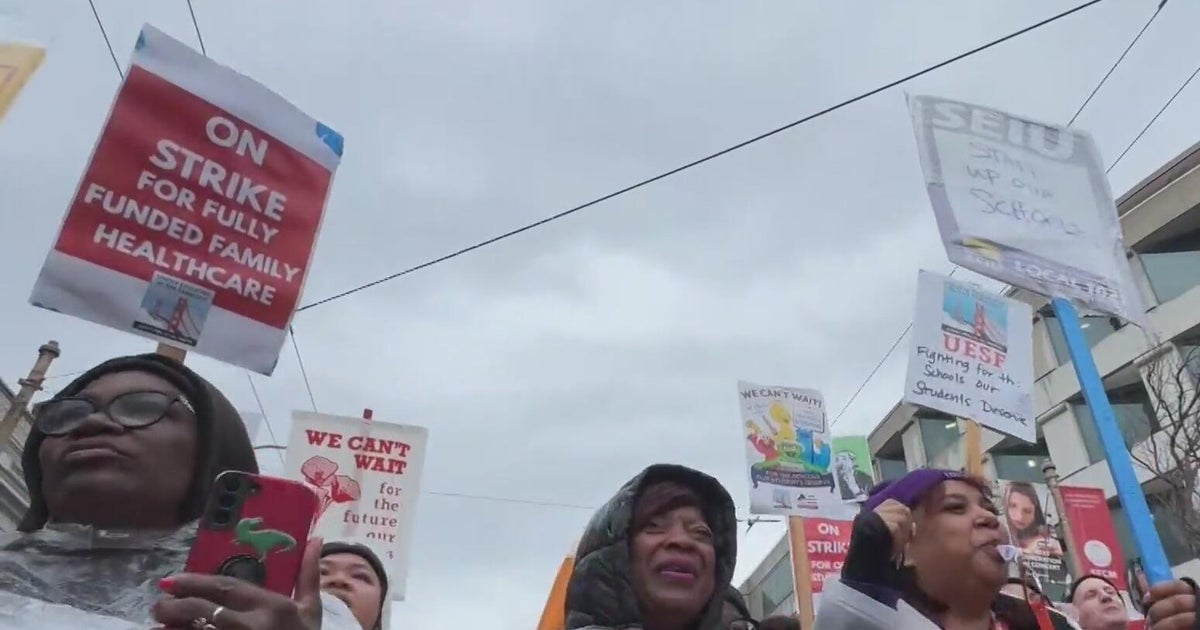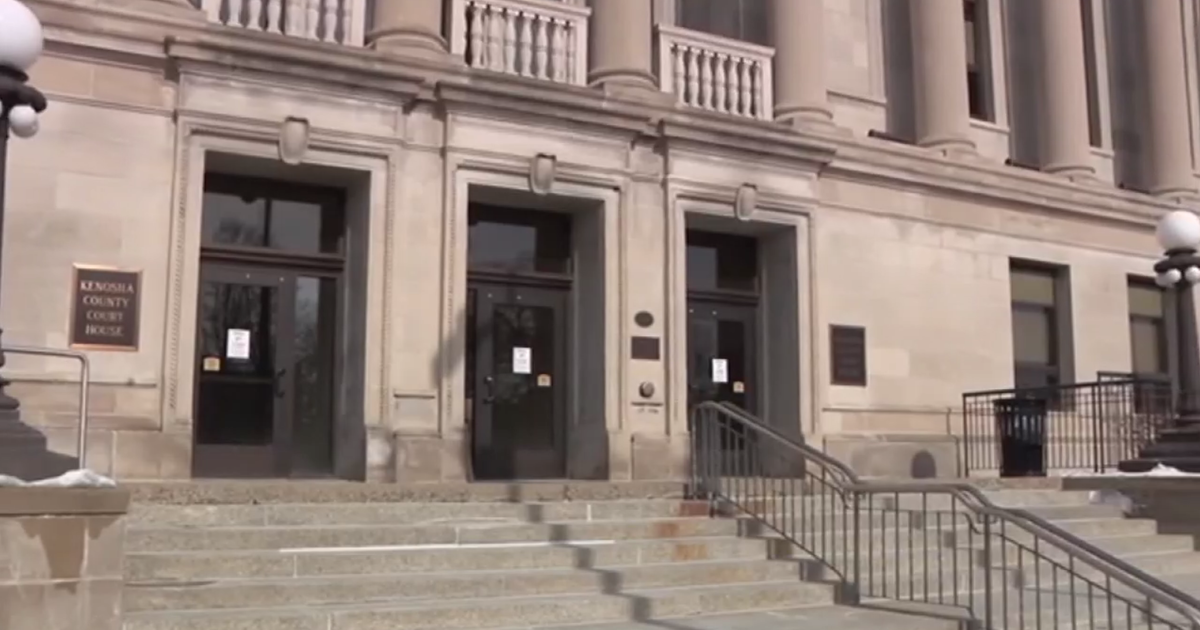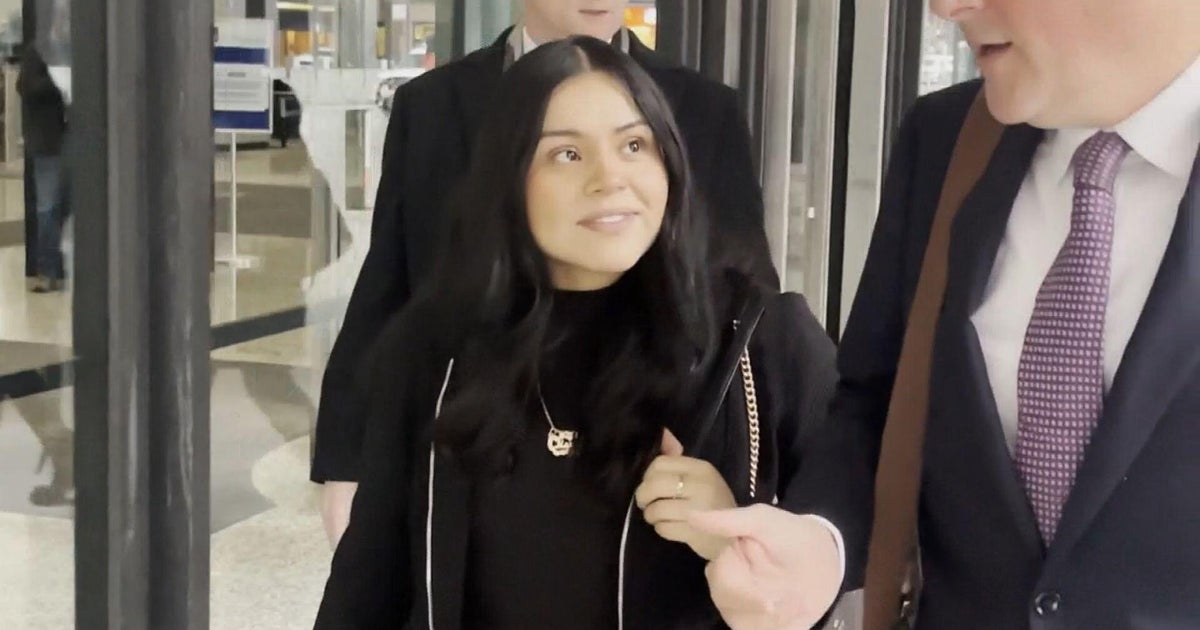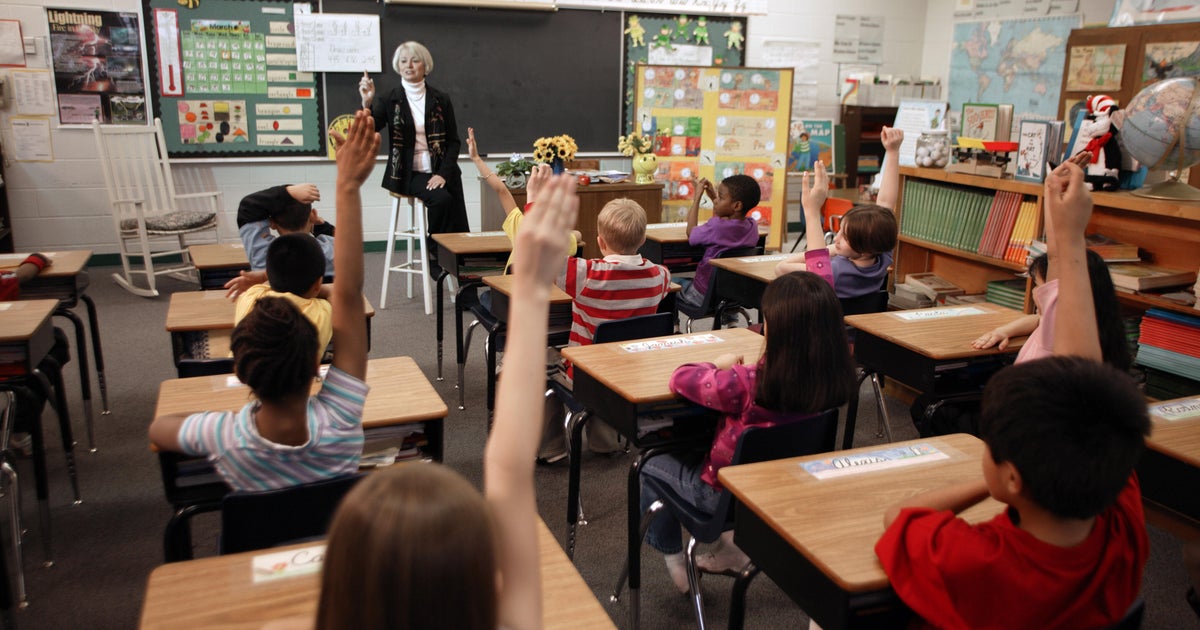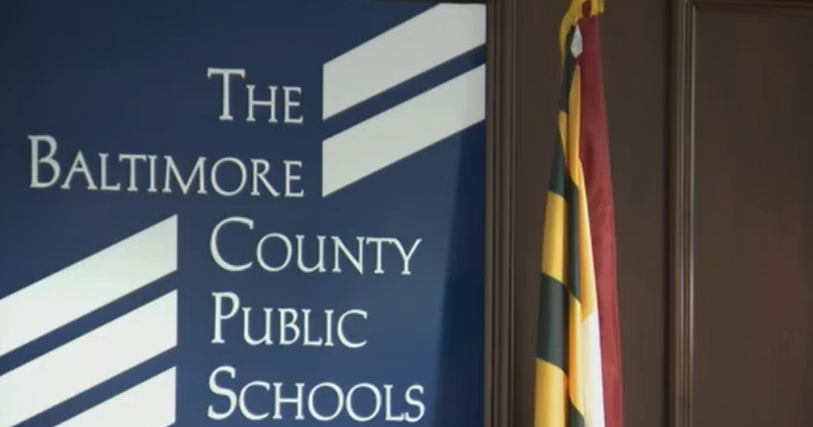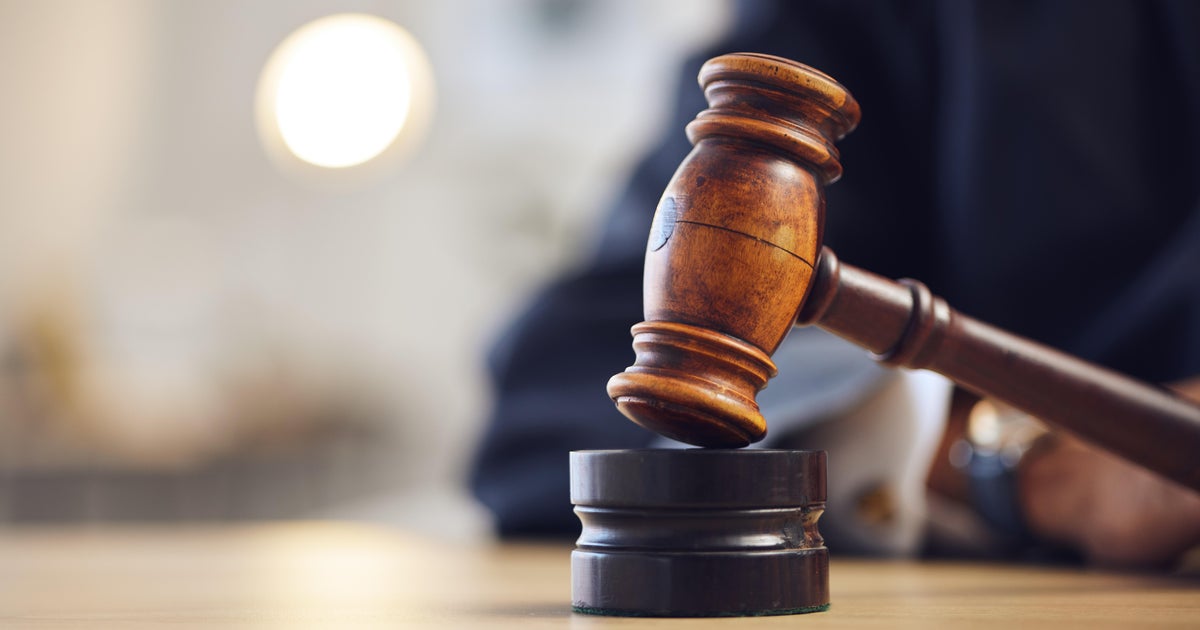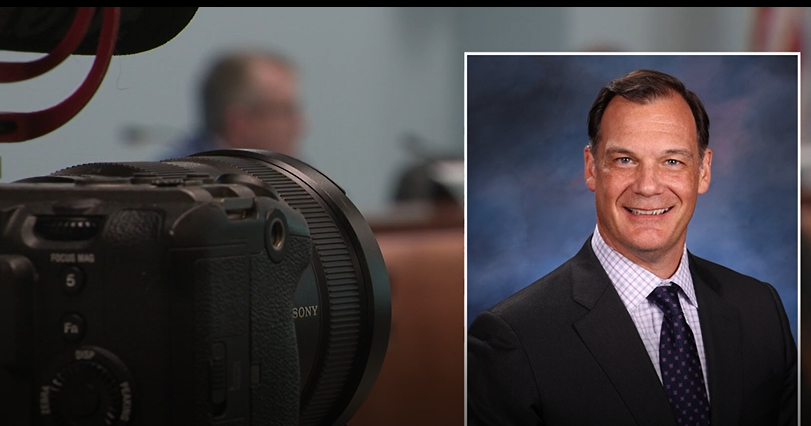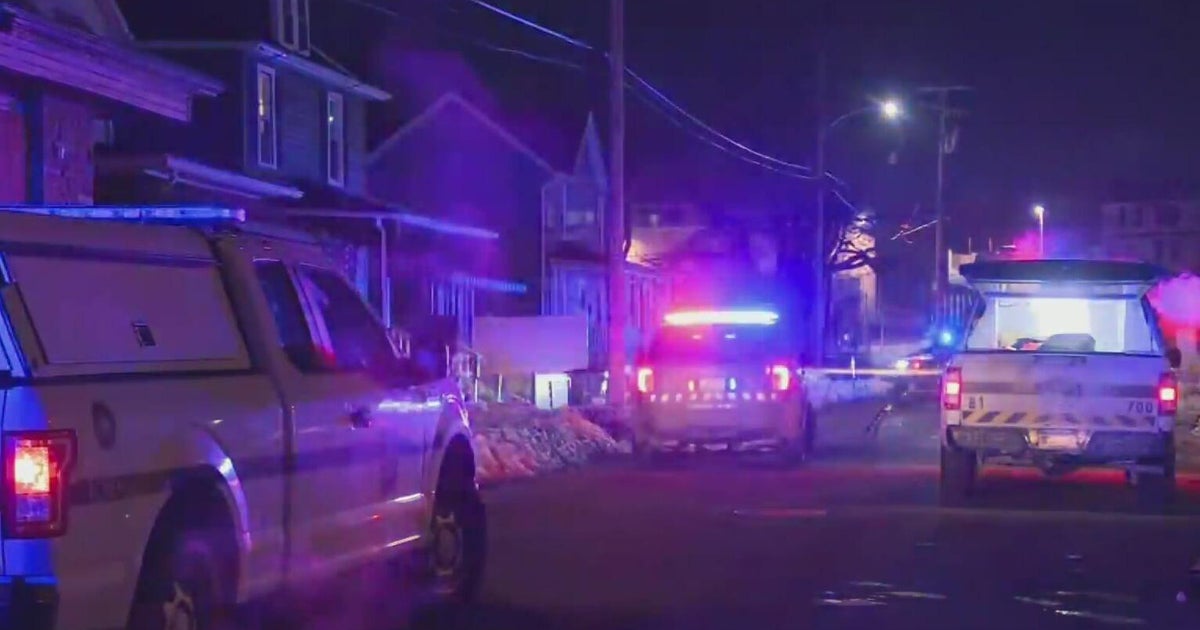9th Circuit: Chino Valley School Board's Opening Prayers Unconstitutional
CHINO (CBSLA/AP) — Chino Valley Unified School District's board's policy of opening meetings with a prayer is unconstitutional because the prayers often invoke Christianity, and there are secular ways of accomplishing the board's goals of solemnizing meetings and showing respect for religious diversity, a U.S. appeals court ruled Wednesday.
A unanimous three-judge panel of the 9th U.S. Circuit Court of Appeals upheld a lower court ruling that banned the prayers by the Chino Valley Unified School District board of education as a violation of the constitutional requirement that government not establish religion.
READ THE RULING: Freedom From Religion v. Chino Valley Uni. Sch. Dist.
Robert Tyler, an attorney for the school board, said the board was evaluating its next step, but had previously expressed a desire to "take this case as far as they can take it." He said the 9th Circuit ruling conflicted with a decision last year by another U.S. appeals court and conflated comments made by individual board members during meetings with the prayer policy.
"There's nothing unlawful or unconstitutional about allowing an invocation or ceremonial prayer before school board meetings," he said. Tyler compared the practice to prayers before legislative sessions, which courts have allowed.
The decision came in a lawsuit filed in 2014 against the district by parents, students, employees and the Freedom From Religion Foundation, a nonprofit group that fights for the separation of church and state. The Foundation initially sent the board a letter in September 2013, requesting that it "refrain from scheduling prayers as part of future school board meetings." The board responded a month later by adopting a policy that invocations would be delivered by local clergy or religious leaders, but if one did not appear, the board's president could solicit a volunteer from the board or the audience.
Board members regularly read from the Bible, invoked Christian beliefs, and engaged in additional prayer at the meetings. The invocation was a regular part of the board agendas, until late 2013. At one meeting, then-Board president James Na "urged everyone who does not know Jesus Christ to go and find Him," the 9th Circuit said.
Records of the board's meetings contain at least 14 instances in which just one board member read Bible verses to the assembled district community during the period set aside for board-member comment, according to the panel's ruling.
The 9th Circuit panel said some faiths were not represented on a list the board used to select the religious leader for the prayer. Agnostics and atheists were also not acknowledged, the court said.
"Instead, the prayers frequently advanced religion in general and Christianity in particular," judges M. Margaret McKeown, Kim McLane Wardlaw and Wiley Y. Daniel said.
The judges, additionally, said the board could have accomplished its goals without "conveying an explicitly religious message or performing a religious activity" by, for example, having someone read about the importance of religious diversity or pluralism.
The court said the board's practice was different from the tradition of holding a prayer to open legislative sessions because many members of the audience at board meetings were children who had little choice but to attend and were in an "unequal" relationship with the board.
(© Copyright 2018 CBS Broadcasting Inc. All Rights Reserved. The Associated Press contributed to this report.)
